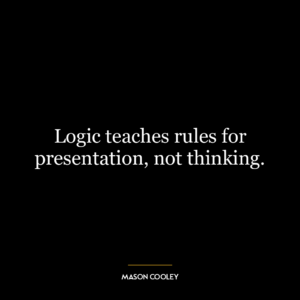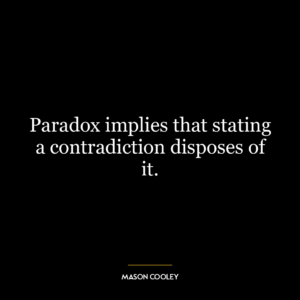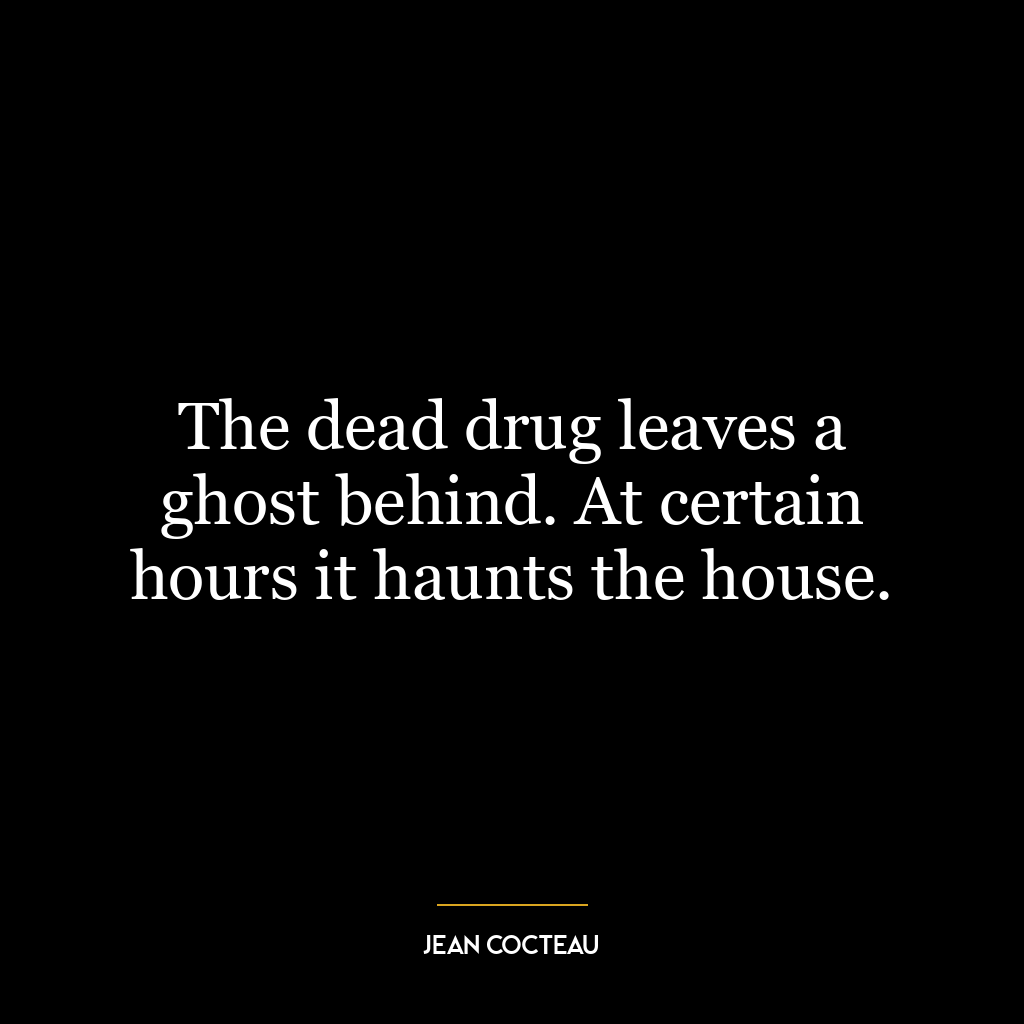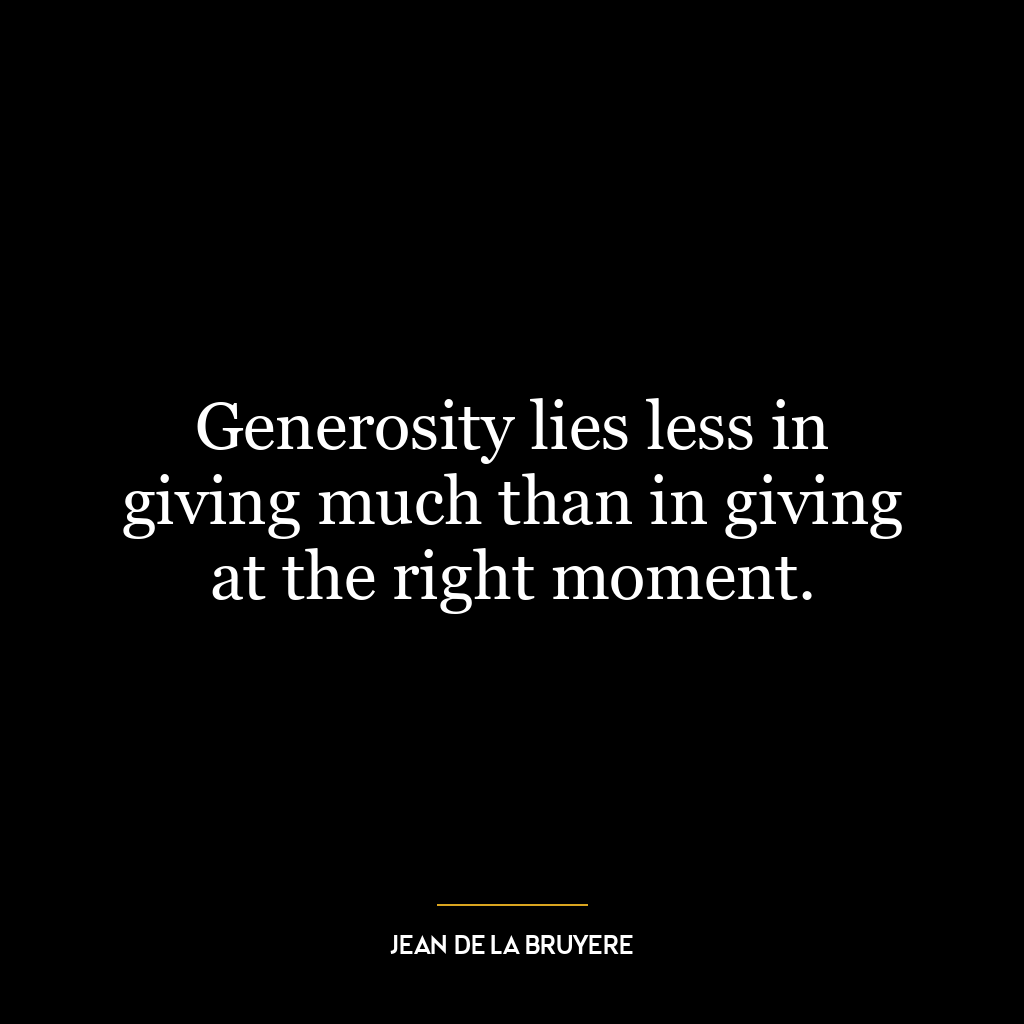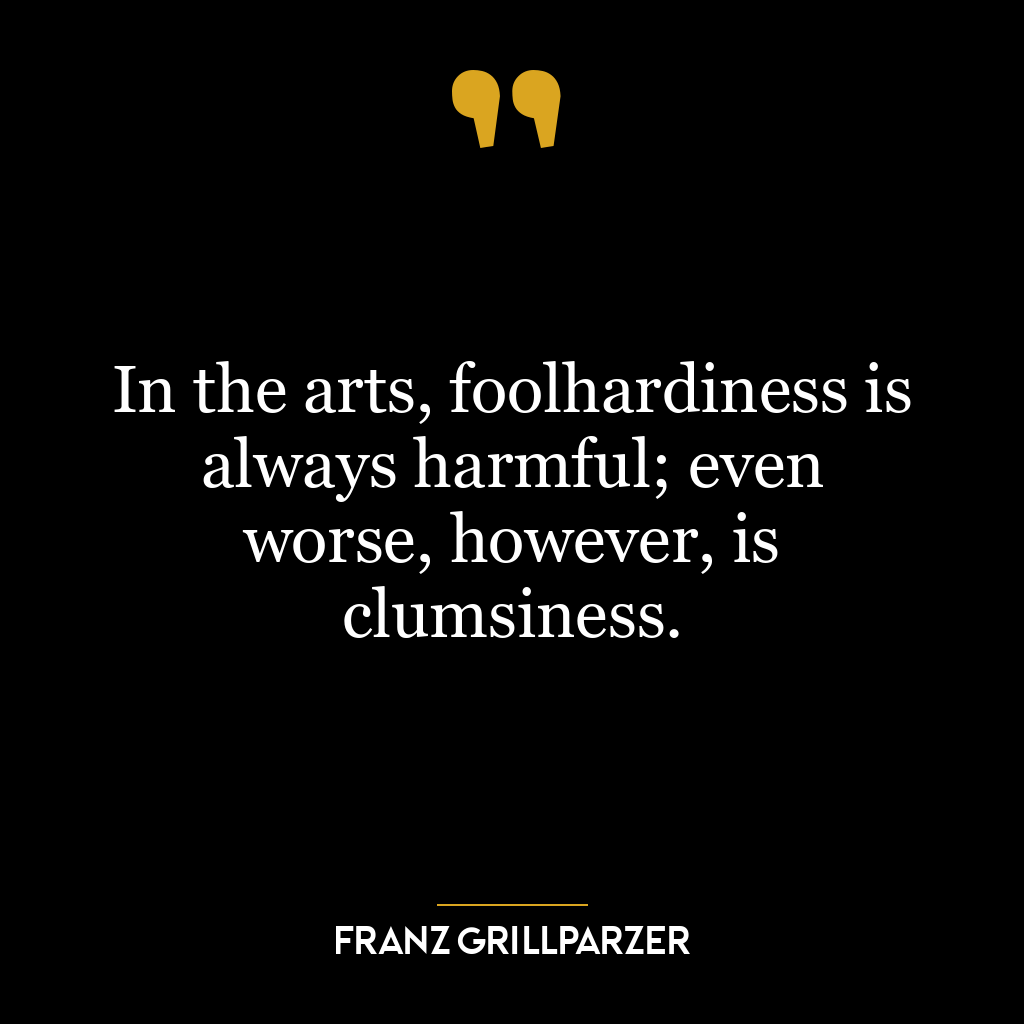“An event is not over until everyone is tired of talking about it,” essentially means that the true life of an event extends far beyond its physical happening. It continues to live on in the minds and conversations of people, influencing thoughts, perceptions, and actions. The event becomes a part of collective memory and consciousness, shaping societal narratives and individual attitudes.
This quote suggests that our perception of reality is shaped not just by events themselves but also by our ongoing discussions about them. An event’s significance isn’t just confined to its occurrence; it’s continuously recreated through dialog. This can be seen in how historical events are still debated today or how personal experiences continue to inform our present decisions long after they’ve happened.
In today’s world with social media platforms like Twitter or Facebook, this idea is even more relevant as discussions around an event can spread globally within seconds and continue indefinitely. Events like elections, natural disasters or celebrity scandals don’t end when they’re over; they persist as trending topics online where millions keep discussing them.
In terms of personal development, this idea encourages introspection on how past experiences shape us. Just because a situation has physically ended doesn’t mean its impact has ceased too. We need to recognize the lingering effects these events have on us through continuous self-talk and address them appropriately for personal growth.
Moreover, understanding that ‘an event isn’t over until everyone stops talking about it’ can help us manage reactions better in future situations knowing that their impacts extend beyond their immediate occurrence – offering a more thoughtful approach to both personal actions and responses to global happenings.




